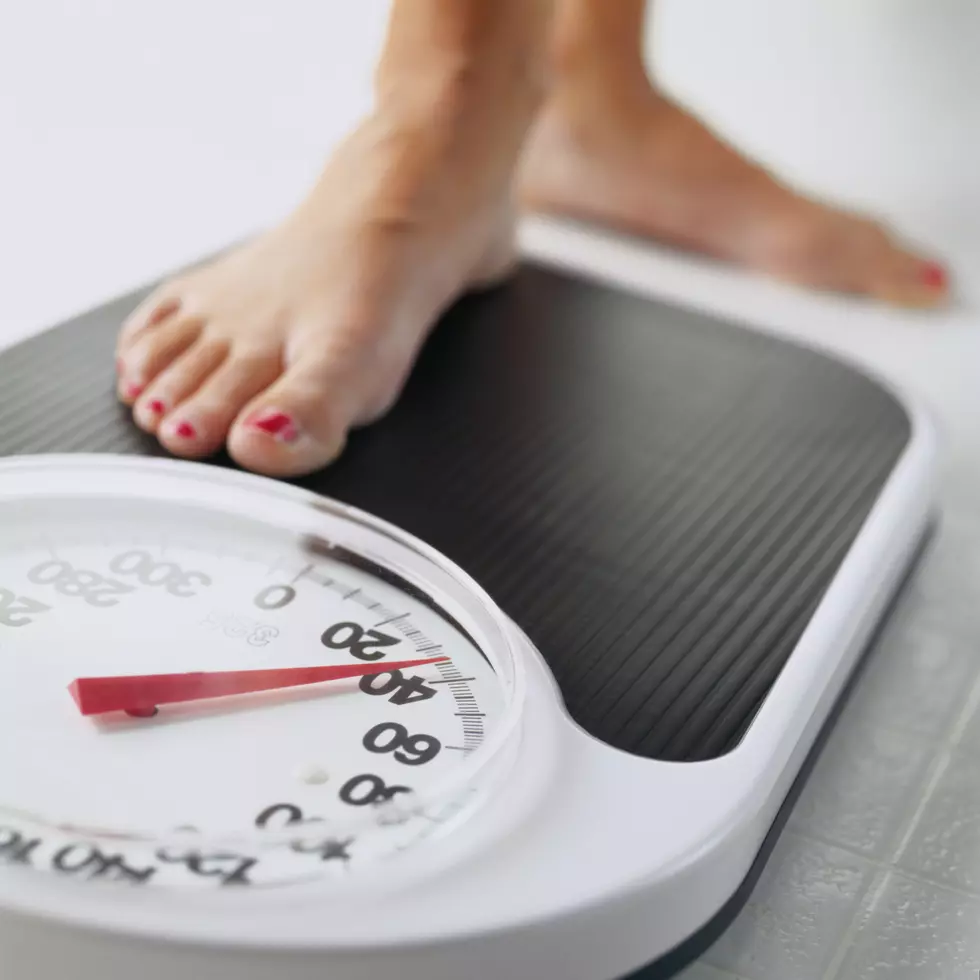
To Weigh or Not To Weigh – That is The Question
HOW OFTEN SHOULD WE WEIGH OURSELVES?
To weigh or not to weigh. If you are trying to lose weight or just keep your weight in check, how often should you weigh yourself? Experts have differing opinions. Some say to weigh yourself every day to drop some weight. One 12-month study found adults who went on a reduced-calorie program and weighed themselves daily lost weight. Another school of thought says to weigh yourself weekly. Our weight can fluctuate daily, so it could be discouraging to weigh yourself daily and not see any weight loss, or worse yet, to see a slight weight gain. Nothing like that to ruin your morning. Another approach is to weigh in once a month, especially if your goal is just to maintain your weight. Some say that we should never weigh ourselves but go old school with the "pants are getting tight" method.
More Health Tips
BUT IT'S NOT ALL ABOUT THE WEIGHT...
However, if you want to be more precise, weight is not the only measure of health. Body fat percentage and BMI, or body mass index, are other important indicators. Body mass index (BMI) is a medical screening tool that measures the ratio of your height to your weight to estimate the amount of body fat. Healthcare providers calculate BMI by using weight in kilograms (kg) divided by the square of your height in meters (m2).
In most people, BMI relates to body fat — the higher the number, the more body fat you may have — but it may not always be an accurate measure of health. Athletic people tend to have a higher percentage of lean muscle mass and a lower percentage of fat mass than the average population. It also does not consider the distribution of fat and waist circumference. A person who carries more weight in their abdomen may have a higher risk of disease than someone who carries their weight more evenly.
BMI alone does not diagnose health. Healthcare providers use BMI and other tools and tests to assess someone’s health status and risks. Another health measurement is body fat percentage. This can be done in a clinical setting in numerous ways, including underwater weighing, and a DEXA scan.DEXA is more commonly used to assess bone density, but it can also be used to measure body composition.
However, there are several devices to measure fat at home. Skinfold measurements – calipers using “the pinch test” in several areas of the body are the least expensive.
Bioimpedance using a “smart scale” gives you your weight, plus other boy composition stats, including your body fat percentage. They come in the form of regular scales or a hand-held device. They work by sending tiny electrical impulses through the body and measuring how quickly they return. This works because the current flows more easily through the parts of the body that are mostly made up of water, such as muscle and blood, than through fat or bone.
With all the fancy technology, one of the most basic is a simple tape measure. An oldie but goodie, measuring your hips, waist, and thighs can be a helpful tool in monitoring fat gain or loss.
The bottom line, it is not all about the number on the scale.
More From SoJO 104.9 FM










